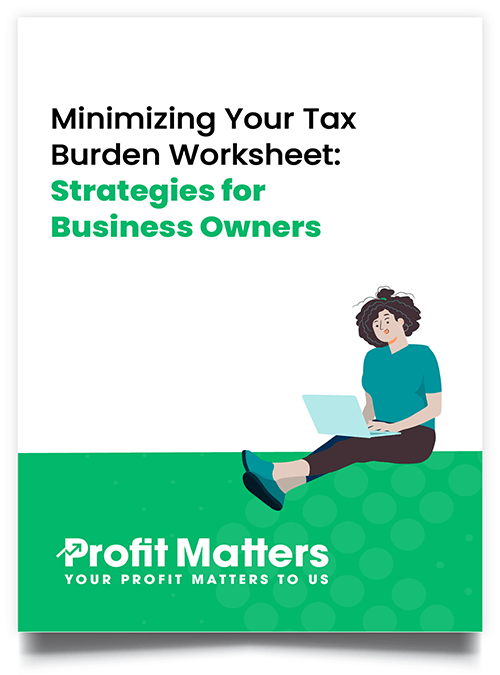For ages now, the bookkeeping practice has evolved from maintaining records in physical books, to files, to desktop applications, and now we have cloud-based applications such as QuickBooks Online, Xero, Sage 50cloud, among others.
But it’s not just the methods that have changed, a lot more has, including the scope of operations of bookkeepers, accountants, and CFOs.
In this post, we’ll narrow down to the latest trends in the software industry, as far as bookkeeping is concerned.
In this post, I will share with you what’s new in 2019, to help you take advantage of these trends. That said, below are some of the notable bookkeeping trends for software firms in 2019.
Trend#1. Greater Adoption of Automation
Tech companies have been at the forefront of adopting new and improved technology not just in their own industry but across the board. As business processes get more and more complex, automation of accounting and bookkeeping processes is inevitable.
Business are now automating nearly everything you can ever imagine; from the point of purchasing, to inventory, to sales, to dispatch, and to accounting.
Software companies are expected to focus more on adopting seamless means of accounting for their business transactions to minimize errors and fraud, uphold data integrity, as well as save time and money that would otherwise have been spent on staff.
Trend#2. Continued Adoption of Cloud-based Accounting
While cloud accounting is not a new trend in the sector, it is expected that in 2019 and beyond, software companies will be looking to adopt more sophisticated methods of cloud accounting.
The software industry is the mother of all technological advancements we see around today; moving forward, the sector will focus on implementing online accounting tools that conduct a number of functions including invoicing, payments receipt, banking, bank reconciliation, and much more.
Trend#3. Cashflow Consulting
Every business needs sufficient cash to survive, and the tech sector is certainly no different. While the biggest overheads in software firms relate to manpower which, unlike stock, can easily be managed, maintaining a steady cashflow system to keep up with the latest industry trends is vital.
Material investment in research and development, as well as improved computing devices, requires sufficient operating cash. This is why businesses will be looking to involve cashflow consultants to avoid cash crunches that may cripple operations.
Software firms will essentially concentrate more on managing their business operating, investing, and financing activities, all of which largely affect the business cashflow.
Other areas of focus will be:
- Adoption of advanced data security techniques
- AI adoption in the bookkeeping function
- Focusing more on outsourcing
At ProfitMatters, we help you keep up with the latest trends in bookkeeping, allowing you to concentrate more on serving your customers. And if you’re lagging behind in your accounting, don’t worry – we also offer catch up accounting services. (we can link the article on catch up accounting right there). Ready to take your business to the next level, talk to us today!


